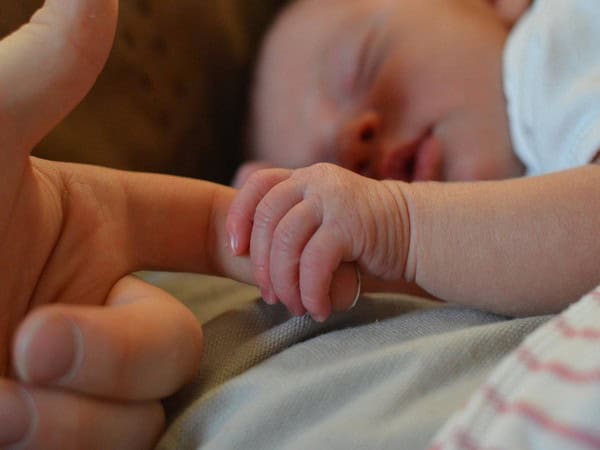Washington: Turns out, less educated, new parents are at high risk of depression.
According to a new study conducted by the Children’s National Health System, young parents who have less education and care for more than one child are more likely to have persistent symptoms of depression that linger six months after their newborn is discharged from the neonatal intensive care unit (NICU).
“Using a validated screening tool, we found that 40 percent of parents in our analyses were positive for depression at the time their newborn was discharged from the NICU,” said Karen Fratantoni, the lead study author.
“It’s reassuring that, for many parents, these depressive symptoms ease over time. However, for a select group of parents, depression symptoms persisted six months after discharge. Our findings help to ensure that we target mental health screening and services to these more vulnerable parents”, Fratantoni added
The study is a large, randomised clinical trial exploring whether providing peer-to-peer parental support after NICU discharge improves babies’ overall health as well as their parents’ mental health.
Mothers of preterm and full-term infants who are hospitalised in NICUs are at risk for peripartum mood disorders, including postpartum depression.
The research team sought to determine how many parents of NICU graduates experience depression and which characteristics are shared by parents with elevated depression scores.
They included 125 parents who had enrolled in the GPS clinical trial in their exploratory analyses and assessed depressive symptoms.
Eighty-four percent of the parents were women. Nearly 61 percent of their infants were male and were born at a median gestational age of 37.7 weeks and mean birth weight of 2,565 grams. The median length of time these newborns remained in the NICU was 18 days.
When the newborns were discharged, 50 parents (40 percent) had elevated CES-D scores. By six months after discharge, that number dropped to 17 parents (14 percent).Their mean age ranged from 26.5 to 30.6 years old.
“Parents of NICU graduates who are young, have less education and are caring for other children are at higher risk for persistent symptoms of depression,” said Fratantoni.
“We know that peripartum mood disorders can persist for one year or more after childbirth so these findings will help us to better match mental health care services to parents who are most in need.”
An American College of Obstetricians and Gynecologists’ committee opinion called for all women to have contact with a maternal care provider within the first three weeks postpartum and to undergo a comprehensive postpartum visit no later than 12 weeks after birth that includes screening for postpartum depression and anxiety using a validated instrument.
The findings will be presented at the Pediatric Academic Societies 2018 annual meeting. (ANI)

